News
Stay up to date with the latest updates, announcements, and milestones from our project.
Information about the ValiDE project
Project duration
01.02.2022 – 31.01.2025
Funding
Erasmus + Cooperation Partnerships
ERASMUS+ grant program of the European Union under grant no. 2021-1-DE01-KA220-HED-000032247
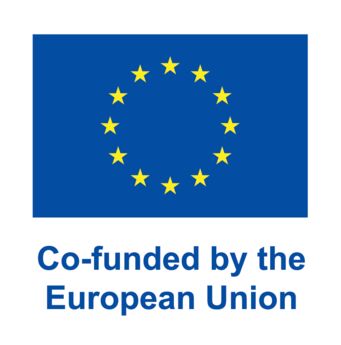

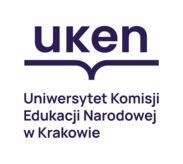
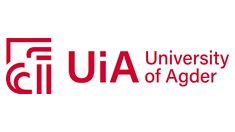
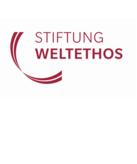
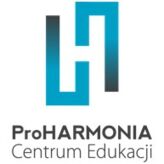
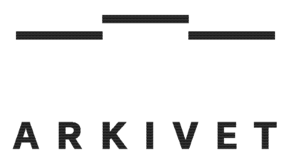
Get to know the project's purpose, goals and the team behind it.
Goals
01/ PR1 value education – analysis of strategy papers and curricula
The project's first outcome is a comprehensive study and analysis of strategy papers and curricula related to value education, aiming to identify the needs and requirements for value education in teacher education and schools. The analysis examines the implementation of value education for democracy in participating countries' school systems and contributes to a better understanding of democratic value education across Europe.
The first outcome of the project is a comprehensive study and analysis focused on strategy papers and curricula related to value education. The analysis aims to identify the needs and requirements for value education in teacher education and schools, taking into consideration the specific requirements and demands. The study gathers information from international and national strategic papers, curricula and scientific papers, providing an overview of the development of value attitudes, critical thinking and didactic competencies of teacher students.
The analysis, which will be published as an open-access scientific paper, examines the implementation of value education for democracy in participating countries’ school systems, contributing to a better understanding of democratic value education across Europe. All three university partners contribute to the analysis by reviewing strategic papers and curricula in their respective languages and translating the results into English which will eventually be incorporated into the final, collaboratively created paper.
The analysis began on 02-02-2022 and is expected to conclude on 02-02-2023. The result will be published in English and disseminated through various channels, including publications, the internet and text-based resources.
Result leading organization: Universitetet i Adger (UiA)
Update
We are pleased to announce that our article, providing detailed information on the study, is currently being prepared for publication in a journal. The anticipated release is set for this autumn.
You can find an exclusive teaser of the result here in our abstract!
02/ PR2 development of teacher students’ value attitudes – an empirical study
The study aims to gather empirical data on future teachers' perspectives and attitudes towards democratic values and their role as educators in that context. It also seeks to develop an assessment tool for evaluating value education programs in teacher education. The study involves an online questionnaire administered to participating teacher students and a control group, with each university contributing their expertise in researching beliefs and value attitudes of teachers.
The study aims to generate empirical data on how future teachers think and feel about democratic values and their role as educators in that domain. It also seeks to develop an empirical instrument for evaluating the study course in this project and other teacher education programs focusing on value education. The study clarifies the rationale and concepts behind the development of value attitudes in initial teacher education and designs an instrument that can be easily utilized in different educational contexts.
The study involves an online questionnaire administered to participating teacher students and a control group across the three universities. The UEW leads the development of the instrument and data collection strategy, while the other university partners contribute their expertise in researching beliefs and value attitudes of teachers. Existing instruments in the field inform the questionnaire design, which is translated into the partners’ official languages. Data analysis is conducted at each university and qualitative data , translated into English, is categorized using a system prepared by UEW.
The empirical study’s findings and research instrument will be published in open-access scientific papers and presented at conferences, benefiting police stakeholders and universities in advancing value education for democracy in teacher education.
The project began on 01-04-2022 and is expected to conclude on 01-11-2024, with the result being published.
Result leading organization: Pädagogische Hochschule Weingarten (UEW)
03/ PR3 teaching materials on values education in primary school
The project aims to create teaching materials for primary school teachers that focus on values education. These materials provide didactic approaches and resources for integrating values education across various subjects, while also addressing societal and cultural backgrounds. The project actively involves teacher students in the development process and emphasizes the use of digital resources, including interactive elements and virtual/augmented reality, to promote innovative ideas.
The project intends to develop teaching materials on values education for primary school teachers. The materials provide didactic approaches and resources for teachers of all subjects, addressing the continuous integration of values education across the curriculum. In addition, the project seeks to bridge the gap in materials focusing on reflecting and understanding societal and value backgrounds. It also aims to enhance existing materials by offering a broader perspective on democratic values, incorporating didactic schedules and innovative ideas to connect school-based and non-formal learning opportunities.
Teacher students are actively involved in the development of the materials and lesson planning. Furthermore, the project emphasizes the use of digital resources, including interactive elements and VR/AR to foster innovative ideas.
Expertise from scientific researchers at the universities contributes to the development of high-quality approaches and materials based on scientific criteria. The project benefits from the increased competence of teachers in using online materials due to the COVID-19 pandemic, ensuring high impact and transferability.
The resulting teaching materials will be disseminated through established platforms and will be published in English, German, Polish and Norwegian. Technical support is required due to varying needs for digital materials and different technical requirements of platforms.
The project began on 01-06-2022 and is expected to conclude on 30-11-2024, with all six organizations actively involved.
Result leading organization: Pedagogical University of Krakow (PUK), now referred to as University of the National Education Commission, Krakow
04/ PR4 Study course to foster teacher students’ value attitudes and didactic competencies
The project partners collaborate to develop a modular and adaptable study course focused on increasing participants' self-awareness of their values and competence in teaching democratic values in primary schools. The course includes a seminar with twelve units and a three-week exchange phase, providing workshops, NGO collaborations, and school visits. It aims to encourage cooperative reflection among participants, with two workshops facilitating input, reflection tasks, and the development of individual solutions.
The project partners develop a study course aimed at increasing participants’ self-awareness of their own values and their competence in teaching democratic values in primary schools. The course is modular and adaptable to specific curricula needs at various teacher education organizations.
It consists of a seminar with twelve 90-minute units and a three-week exchange phase that includes workshops, NGO collaborations, school visits and collaboration phases supported by university staff. The study course focuses on values and value education in Europe and encourages cooperative reflection among participants. Two workshops are held to provide input, reflection tasks and the development of individual solutions based on experiences gained during the exchange phase. The contents of the lectures and workshops are developed based on the course’s concept, including its didactical and methodological framework.
The study course is adapted to local circumstances and designed for broad applicability within the European Union. All partners contribute to the course’s development, with each university ensuring its integration into their study programs. The coordination of the development process and concept finalization is the responsibility of UIA, while UEW will handle its documentation and publishing on the EU-platform EPALE.
The production of the study course began on 01-02-2022 and is expected to conclude on 01-10-2024, with all six organizations involved. The course is available in English, Polish, German and Norwegian and is delivered through internet platforms and text files.
You can already find initial impressions of the 2022 exchange and a second video (which serves as project result), produced during the exchange, on the PH Weingarten YouTube channel.
Result leading organization: Universitetet of Adger (UIA)
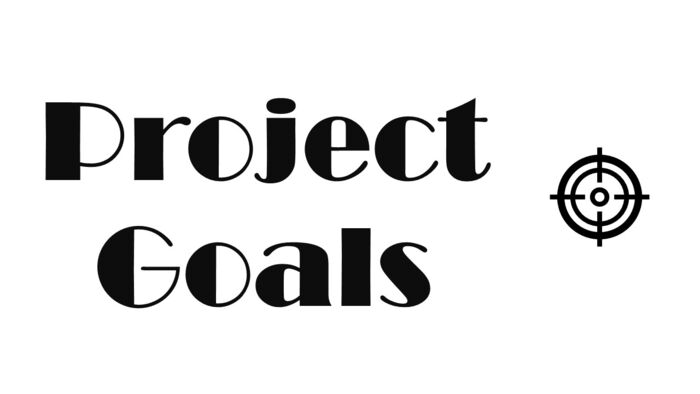
Learn more about the main results, impact and outputs.
Interested?
If you recognize the importance of values and democracy education in primary and secondary schools and feel that you have had limited exposure to this topic during your studies, we offer students of our three universities an opportunity to advance professional competence in this field.
Students of the UEW can find further information in the moopaed course ‘ValiDE Student Exchange’.
Community of practice
We are pleased to present our project outcomes, which are divided into three main areas: learning and teaching materials, publications, and events. In the learning and teaching materials section, you will find valuable resources to enhance your teaching practice. Explore our latest publications that delve into the findings of our project. Join our events to engage, collaborate, and expand your knowledge. Feel free to connect with our project team for further networking opportunities.
Publications and Overview of Results and Materials
See what the project has achieved
Disclaimer
The creation of these resources has been (partially) funded by the ERASMUS+ grant program of the European Union under grant no. 2021-1-DE01-KA220-HED-000032247.
Neither the European Commission nor the project's national funding agency DAAD are responsible for the content or liable for any losses or damage resulting of the use of these resources.
